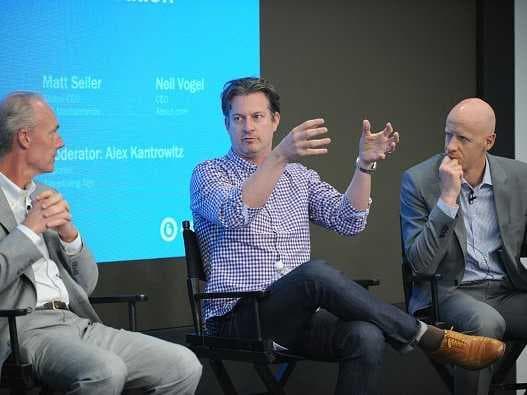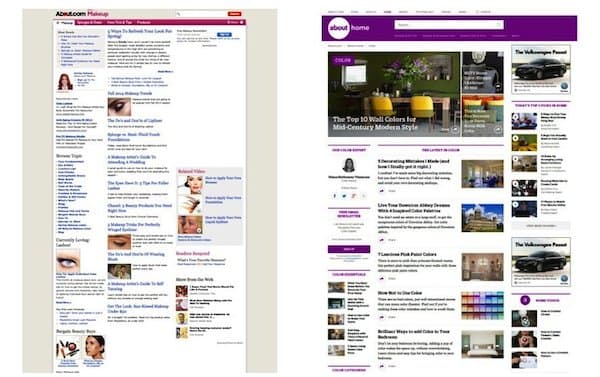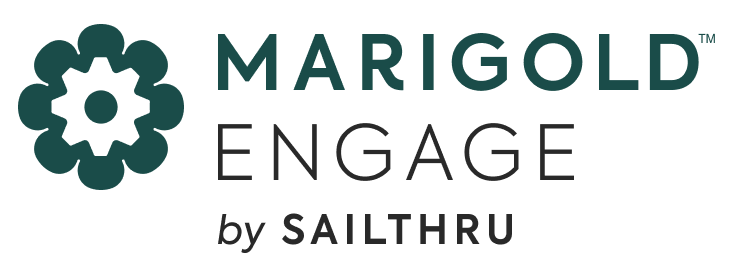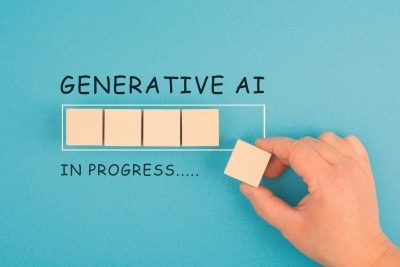news
About.com CEO Explains How He Plans to Make the Site 1% Better Each Week
March 3, 2015

We love this interview with Neil Vogel at About.com and his understanding that even the biggest sites in the world need to remain agile and always be evolving alongside consumer demands. And have you seen their new redesigned site? Talk about slick. —Sailthru
—
When Neil Vogel stepped in as About.com CEO two years ago, the explainer site was on the path to irrelevancy.
The 18-year-old website owned by IAC was one of the first digital media properties. With how-to articles written by 1,000 expert contributors, it’s amassed an enormous US readership of 84 million unique visitors in January (comScore) mostly through search.
But it was languishing. Built on old technology, it had no recognizable brand, no strategy, and no aspirations for itself.
How do you revitalize an aging behemoth? A little bit at a time.
Vogel, who cofounded the popular Webby Awards and previously worked for Alloy Media, talks to Business Insider about relaunching the site last fall, his incremental improvement plan of getting 1% better each week, and the unexpected challenge of trying to change the company’s culture.
This interview has been condensed and edited for clarity.
BUSINESS INSIDER: For the past two years, you’ve been working to reboot About.com. What did you want to change?
NEIL VOGEL: We had some very unique challenges. The website was old. The technology was old, and the way we looked at the market wasn’t modern. We had a giant company — we’re a top-20 website — but there wasn’t much of a culture. We were the answer to your search question, but that’s all we aspired to be. There was no future possible where we were before.
BI: What progress have you made?
NV: We’ve rewritten every line of code, rebuilt the website from scratch, and relaunched in September. We wanted to bring a premium publisher experience to our content, which is evergreen, explainer content by incredible experts.
BI: What results have you seen so far?
NV: The site looks better. We’re seeing return visits improve. People are staying 10% to 15% longer and looking at more things. If you believe the math, people like us 15% more than they did before. We’re getting the premium advertisers, cracking the Fortune 500 marketers that wouldn’t touch us before.

BI: What’s next on your agenda?
NV: With the new website launched, it’s not an end; it’s a beginning. If you want to get from 1 to 10, you have to go through the other levels. We’re still at a 4.
We might be the biggest brand on the internet that doesn’t mean something to most people. We had to let users know that our content is really good in a vertical format. For example, our health content competes with WebMD. We broke our experts into content areas and relaunched the site with these verticals, but we still don’t have some of the basics, like in a food channel you need recipe search. Our main focus from a product perspective is to brand these.
We set our goal to be 1% better each week.
BI: Why 1%?
NV: If you do 1% better a week and it compounds, by the end of the year that’s huge. If we would have said by the end of the year we want to be up 50%, it seems impossible, but 1% is doable, and it’s completely working.
BI: How did you think about rebuilding the culture?
NV: It was a big challenge. It didn’t always go smoothly. I come from a startup background, and I just assumed that if I act like me, I’ll get a culture that I want.
When I got here, it was like Will Ferrell in “Old School,” when he gets naked and runs into the street to streak and no one follows. I came in and said we’re going to make big changes. It was like tumbleweeds and blinking.
BI: What did you do?
NV: First, we said mistakes are OK. It’s the internet. We can fix it. You might as well just do something — it’s more interesting. We brought in a new senior team, and they’d built things before. Seeing that they had free reign to do things freed up everyone else.
BI: How do you approach hiring?
NV: We’ve hired more than 100 people since I got here. At one point, I was interviewing about 15 people a week. Interviewing is the most exhausting thing in the world. We had to bring in a different kind of person. They had to pass the character test before the skills test. We were looking for people who were instantly comfortable in any situation.
BI: What kind of interviewer are you?
NV: I don’t feel like I’m very good. I’m probably too optimistic on people when I should be critical.
I don’t sit in an office and ask questions. I’m much better at casually talking. If you really want to hire someone, get a cup of coffee and walk around the neighborhood. Have lunch. If you talk to them for an hour, all the stuff is going to come out.
BI: What do you think makes you good at your job?
NV: I have a lot of energy. I like building things. If I can find a way to direct my energy, that is probably my best skill.
BI: How do you manage your energy?
NV: The number one thing I have to do is work out. I’m totally embarrassed by the number of flywheel and yoga classes I do. It’s mental health sustenance. I’m up at like 6 a.m. every day. I do it in the morning, or it won’t happen.
BI: How else do you stay ahead of the curve?
NV: It was my New Year’s resolution to learn more. I just took a graphic design class on Udemy. I’m playing around with Code Academy because I want to learn how to code. When my kid takes a nap on Sunday afternoons, I now take a class whereas before I would’ve watched basketball.
BI: What do you hope to say in your exit speech?
NV: There will always be a place in the universe for what we do. We provide real value to people, and that builds loyalty. So if we get this right, we’re going to last for a long time.
—
This article was written by Jenna Goudreau (jgoudreau@businessinsider.com) from Business Insider and was legally licensed through the NewsCred publisher network.
![]()
The State of Brand Loyalty in the U.S. in 2023
Related



